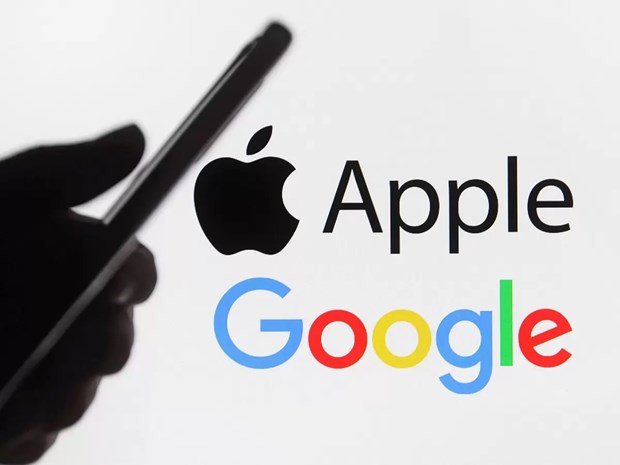In a groundbreaking development, the European Union (EU) has accused tech giants Google and Apple of antitrust violations. These accusations, which stem from ongoing investigations into the companies’ market dominance and alleged anti-competitive practices, could lead to fines amounting to tens of billions of dollars. The charges mark a significant step in the EU’s efforts to regulate Big Tech and ensure fair competition in digital markets. This article explores the details of the accusations, their potential financial and legal repercussions, and the broader implications for the global technology sector.
## Background on EU Antitrust Regulations
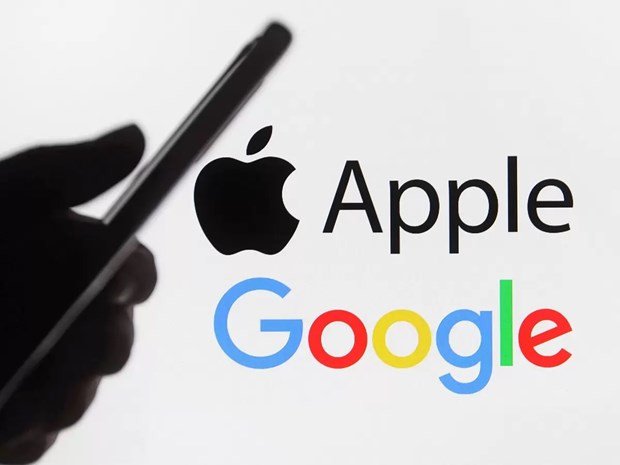
The European Union has long been at the forefront of antitrust enforcement, seeking to curb monopolistic practices that stifle competition and harm consumers. The EU’s competition laws, primarily governed by the Treaty on the Functioning of the European Union (TFEU), prohibit companies from abusing their dominant market positions. Over the past decade, the European Commission has imposed significant fines on tech companies, including Google, for violations related to search engine manipulation, online advertising, and Android operating system restrictions.
Apple has also been under scrutiny for its App Store policies, particularly concerning its mandatory use of its proprietary payment system and alleged discriminatory practices against third-party app developers. The latest charges against Google and Apple indicate the EU’s continued commitment to reining in anti-competitive behaviors among tech behemoths.
## The Accusations Against Google
### Market Dominance and Search Engine Practices
Google has been accused of leveraging its dominant position in search engines and online advertising to suppress competition. The EU’s investigation highlights that Google allegedly prioritizes its own services, such as Google Shopping, over competitors in search results. This practice has previously led to significant fines, and the latest accusations suggest that Google has not sufficiently altered its behavior despite previous penalties.
### Android and App Store Policies

Another key area of concern is Google’s control over the Android ecosystem. The EU claims that Google imposes restrictive contracts on smartphone manufacturers, forcing them to pre-install Google’s services while limiting the ability of competitors to thrive. This anti-competitive behavior, according to regulators, reduces consumer choice and innovation in the mobile market.
### Google’s Response
Google has denied any wrongdoing, arguing that its business practices benefit consumers and foster innovation. The company asserts that its search algorithms prioritize relevance and user experience rather than suppressing competition. Google also contends that the Android platform is an open-source system that allows developers to create diverse applications.
## The Accusations Against Apple
### App Store Monopoly and Developer Restrictions
Apple is under fire for its App Store policies, which critics claim stifle competition and unfairly benefit the company. The EU’s case against Apple centers on its mandatory use of the Apple Pay system and the 30% commission fee imposed on app developers. Regulators argue that Apple’s tight control over app distribution prevents fair competition and inflates prices for consumers.
### Anti-Steering Provisions
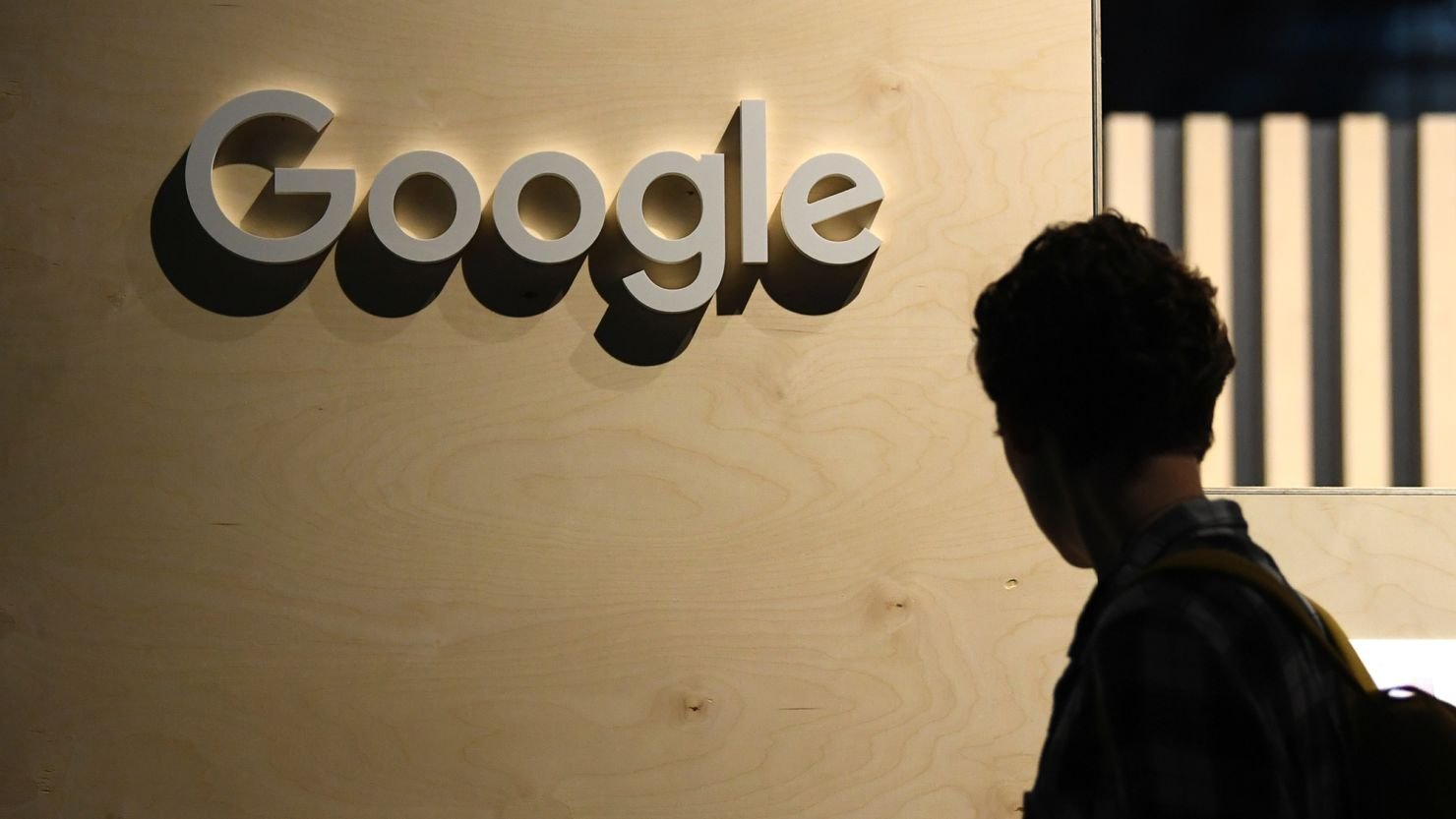
Another critical accusation is Apple’s anti-steering provisions, which prohibit developers from directing users to alternative payment methods outside the App Store. This restriction, according to the EU, gives Apple an unfair advantage by ensuring that all transactions occur within its ecosystem, thereby maximizing its revenue.
### Apple’s Defense
Apple has defended its practices by emphasizing the security and reliability of its ecosystem. The company argues that its strict App Store policies protect users from fraud and malware. Furthermore, Apple maintains that its commission structure is comparable to industry standards and necessary to sustain a high-quality user experience.
## Potential Fines and Financial Impact
The penalties Google and Apple face could be staggering. Under EU law, companies found guilty of antitrust violations can be fined up to 10% of their global revenue. Given that Google’s parent company, Alphabet, generated over $280 billion in revenue in 2023, and Apple reported earnings exceeding $400 billion, the fines could reach tens of billions of dollars.
Beyond direct financial penalties, the companies may also be required to implement significant changes to their business models. Such reforms could include altering search algorithms, opening up app ecosystems to third-party payment systems, and removing restrictive contracts. These changes could impact the companies’ profitability and reshape the digital marketplace.
## Broader Implications for Big Tech and Global Markets
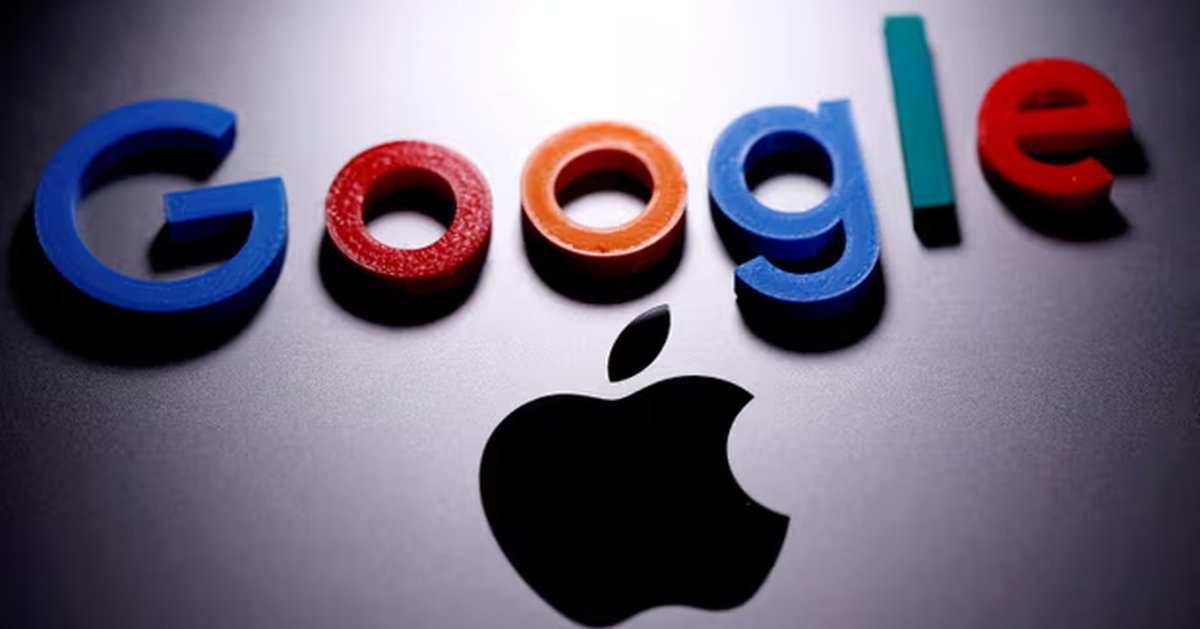
### Increased Scrutiny and Regulation
The EU’s actions against Google and Apple signal a broader trend of increased regulatory scrutiny on Big Tech. Governments worldwide, including in the U.S. and China, are intensifying their efforts to curtail monopolistic behavior in the technology sector. If the EU’s case succeeds, it could embolden regulators in other jurisdictions to impose similar restrictions and fines on tech giants.
### Impact on Innovation and Competition
While regulators argue that their actions promote a level playing field, some industry experts warn that excessive regulation could stifle innovation. Companies may become more risk-averse, limiting their investments in new technologies. Conversely, proponents of stricter enforcement believe that breaking up monopolistic control will encourage new entrants and foster greater competition, ultimately benefiting consumers.
### Changes in Business Strategies
In response to mounting regulatory pressure, Google and Apple may need to rethink their business strategies. For example, Google might adjust its search engine algorithms to be more transparent and less biased toward its services. Apple could reconsider its App Store policies, potentially lowering commission rates and allowing third-party payment options. Such adaptations could set new industry standards and reshape the digital economy.
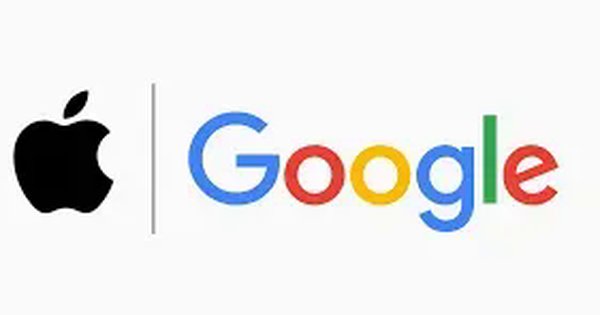
## Conclusion
The EU’s antitrust charges against Google and Apple represent a pivotal moment in the ongoing battle between regulators and Big Tech. With potential fines reaching tens of billions of dollars, the financial stakes are enormous. More importantly, the outcome of these cases could redefine how digital markets operate, influencing competition policies worldwide.
As legal proceedings unfold, both companies will likely continue to defend their business practices while facing mounting pressure to comply with regulatory demands. The coming months will determine whether the EU’s efforts to curb monopolistic behavior lead to lasting changes in the technology landscape or if tech giants find new ways to maintain their dominance.
One thing is certain: the debate over antitrust regulations in the digital age is far from over, and its resolution will shape the future of global technology markets for years to come.
